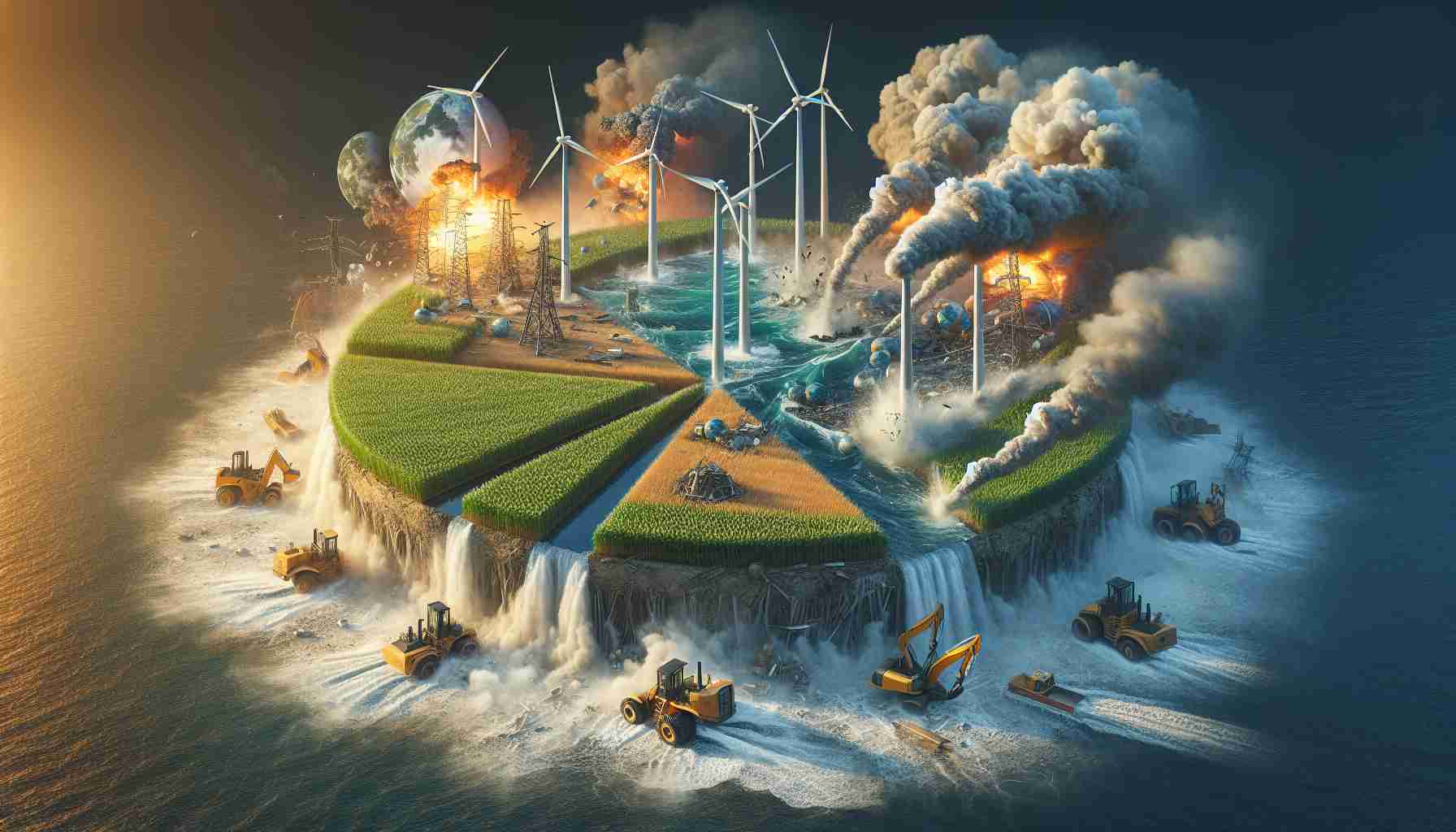The realm of non-fungible tokens (NFTs) has witnessed an impressive market cap of $67 billion, underscoring a burgeoning interest in digital collectibles and ownership. As these unique digital assets gain traction, a vital component of this ecosystem is the NFT marketplace, enabling users to engage in buying, selling, and trading.
An NFT marketplace serves as an online venue where individuals can explore, transact, and create non-fungible tokens. These platforms utilize blockchain technology to assure the authenticity of digital items, including art, music, and virtual properties. Users can browse diverse collections, engage in auctions, or list their own NFTs for sale, often using cryptocurrencies for transactions.
Different types of NFT marketplaces cater to various user needs. Open marketplaces, like OpenSea, welcome all kinds of NFTs, providing a broad range of options. Curated platforms prioritize quality, requiring creators to pass through selection processes, while niche marketplaces focus exclusively on specific areas such as gaming or sports collectibles.
Furthermore, NFT marketplaces fall into centralized and decentralized categories. Centralized platforms offer user-friendly experiences but are controlled by single entities, which can affect security and transparency. In contrast, decentralized marketplaces empower users through community-driven governance, promoting trust and enhanced security.
As the digital landscape evolves, understanding these marketplaces becomes crucial for both creators and collectors navigating the exciting world of NFTs.
Tips and Life Hacks for Navigating the NFT Marketplace
The rise of non-fungible tokens (NFTs) has opened up exciting opportunities for creators and collectors alike. As this vibrant market continues to expand, having some practical tips and tricks can enhance your experience. Here are some insightful hacks and interesting facts to help you navigate the NFT landscape.
1. Research Before You Invest
Before diving into the world of NFTs, take the time to evaluate artists, projects, and marketplaces. Understanding the market trends, the reputation of the creator, and the historical sales of similar items can help you make more informed decisions. Websites like OpenSea provide useful statistics that can assist in your research.
2. Diversify Your Portfolio
Just as with traditional investments, diversification is essential. Instead of spending all your resources on a single NFT, consider acquiring a mix of artworks, collectibles, and perhaps even virtual real estate. This strategy mitigates risk and can increase your chances of profiting in the long run.
3. Customize Your Wallet
Having a secure digital wallet is fundamental to participating in the NFT marketplace. Use wallets that are compatible with the marketplaces you plan to use and ensure you enable two-factor authentication. Popular wallets such as MetaMask and Coinbase Wallet can be easily customized for additional security.
4. Stay Updated with Community Trends
The NFT space is dynamic and constantly evolving. Join communities on platforms like Twitter, Discord, and Telegram to keep up with trends, upcoming drops, and networking opportunities. Engaging with other enthusiasts can provide insights that might give you an edge in your buying decisions.
5. Participate in Auctions Wisely
If you plan to take part in NFT auctions, set a budget beforehand and stick to it. The excitement of bidding can sometimes lead to impulse buying, so having a financial plan is key. Always keep in mind the true value and your personal interest in the NFT.
6. Understand Gas Fees
When buying and selling on NFT marketplaces, pay attention to gas fees, which are transaction fees paid to miners on the Ethereum network. Timing your transactions when gas fees are lower can save you money. Tools like Gas Now can help you track current gas prices.
7. Consider Environmental Impact
As the NFT market expands, so does concern over environmental sustainability due to high energy consumption linked to blockchain technologies. Some platforms are adopting more eco-friendly practices or utilizing less energy-intensive blockchains. Researching these options can be beneficial for environmentally conscious buyers.
8. Create and Showcase Your Own NFTs
If you are an artist or creator, consider minting your own NFTs. Use platforms like Rarible or Mintable, which allow easy creation and listing of NFTs. Share your creations on social media to build a following and generate interest.
Interesting Fact: The NFT market is not just about art; it has also expanded into music, virtual real estate, and even tweets! For instance, Twitter co-founder Jack Dorsey sold his first tweet as an NFT for nearly $3 million in March 2021.
With this newfound knowledge, whether you are a seasoned collector or a newbie in the NFT domain, you’re now equipped with practical tips, creative ideas, and an understanding of current trends in the marketplace. Explore the world of NFTs confidently and may your digital treasure hunting be successful!
For more insights and updates on NFTs, visit OpenSea.




![Unbelievable Turn of Events: [Key Outcome] Stuns Millions Unbelievable Turn of Events: [Key Outcome] Stuns Millions](https://bitperfect.pe/wp-content/uploads/2024/11/compressed_img-9Hzc4GfmAmccU7edPseeWbWb-480x480.png)










